I am trying to create a row at the bottom of a dataframe to show the sum of certain columns. I am under the impression that this shall be a really simple operation, but to my surprise, none of the methods I found on SO works for me in one step.
The methods that I've found on SO:
df.loc['TOTAL'] = df.sum()
This doesn't work for me as long as there are non-numeric columns in the dataframe. I need to select the columns first and then concat the non-numeric columns back
df.append(df.sum(numeric_only=True), ignore_index=True)
This won't preserve my data types. Integer column will be converted to float.
df3.loc['Total', 'ColumnA']= df['ColumnA'].sum()
I can only use this to sum one column.
I must have missed something in the process as this is not that hard an operation. Please let me know how I can add a sum row while preserving the data type of the dataframe.
Thanks.
Edit:
First off, sorry for the late update. I was on the road for the last weekend
Example:
df1 = pd.DataFrame(data = {'CountyID': [77, 95], 'Acronym': ['LC', 'NC'], 'Developable': [44490, 56261], 'Protected': [40355, 35943],
'Developed': [66806, 72211]}, index = ['Lehigh', 'Northampton'])
What I want to get would be
Please ignore the differences of the index.
It's a little tricky for me because I don't need to get the sum for the column 'County ID' since it's for specific indexing. So the question is more about getting the sum of specific numeric columns.
Thanks again.

